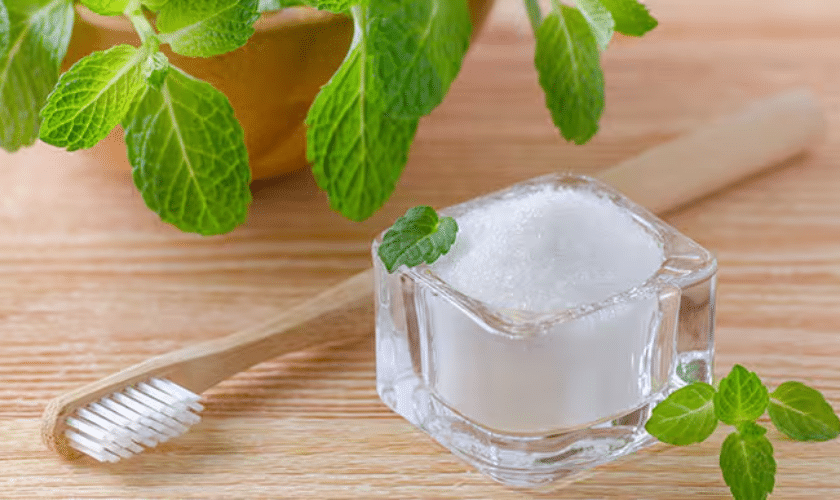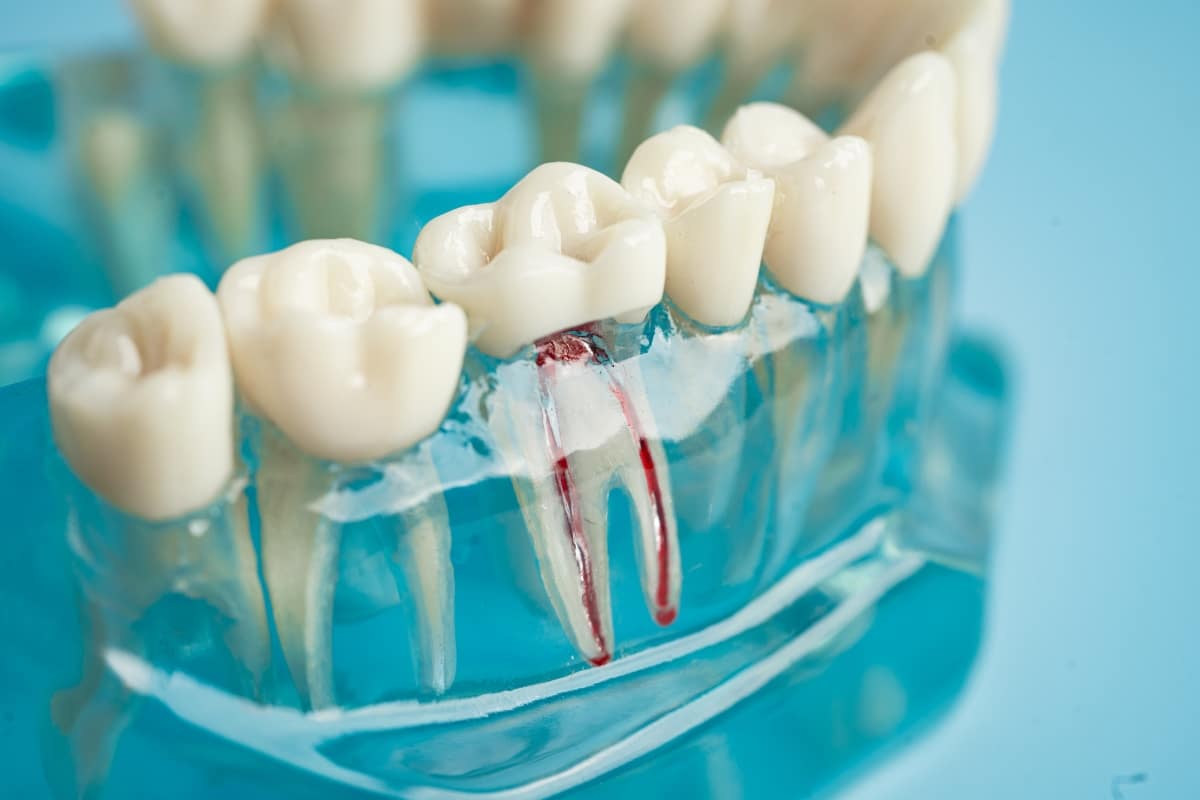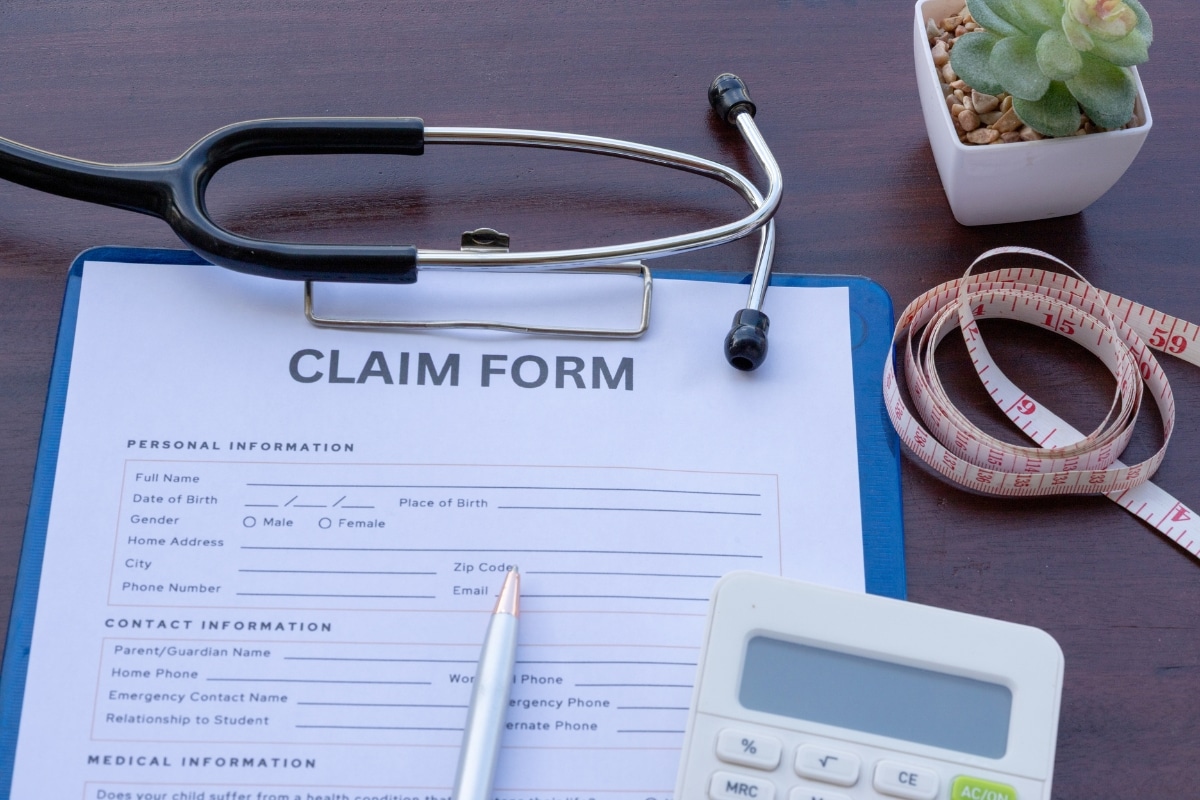Same-day treatments are available.
Can I Use Salt To Brush My Teeth

For centuries, people have sought natural solutions for maintaining a healthy smile. Salt, a common household staple, has found its way into various oral hygiene practices. But is “Salt To Brush My Teeth” a viable alternative to modern toothpaste? Let’s delve into the science of salt and its potential role in keeping your pearly whites bright and your mouth healthy.
The Allure of Salt: Natural Powerhouse?
Salt boasts some properties that make it seem like a potential oral care champion. Here’s a closer look:
Antibacterial Properties:
Salt is a natural disinfectant, helping to reduce bacteria in the mouth. This can be beneficial for fighting bad breath and reducing plaque buildup, a leading cause of cavities and gum disease.
Mild Abrasive:
Salt has a slight grittiness that can aid in removing surface stains and debris from teeth.
Many people are considering using salt to brush their teeth due to its various properties. However, it’s essential to understand the benefits and potential drawbacks before adding “salt to brush my teeth” to your oral care routine.
Brushing with Salt: A Balanced Look
While salt offers some potential benefits, it’s important to consider its limitations:
Enamel Erosion:
Using salt to brush my teeth can be effective for removing surface stains due to its abrasive qualities. However, overuse may harm tooth enamel, the protective outer layer of teeth, leading to sensitivity and a higher likelihood of cavities.
Lack of Fluoride:
Modern toothpaste contains fluoride, a mineral scientifically proven to strengthen enamel and prevent cavities. Salt, on its own, lacks this essential ingredient.
Limited Cleaning Power: Salt may not be as effective as toothpaste in removing plaque and bacteria build-up, especially between teeth and along the gum line.
Overall, while salt might provide some mild benefits, it falls short of being a complete oral care solution.
A Saltwater Rinse: A Soothing Option
If you’re interested in incorporating salt into your oral care routine, consider a saltwater rinse. Here’s how:
- Dissolve 1/2 teaspoon of table salt in a warm glass of water.
- Give your mouth a full 30-second swish to make sure all of the solution is there.
- Spit and rinse with plain water.
Saltwater rinses can be helpful for:
Soothing gum irritation:
The mild antiseptic properties of salt can provide temporary relief from gum inflammation.
Reducing mouth ulcers:
Saltwater rinses can help reduce discomfort associated with mouth ulcers.
Freshening breath:
Saltwater can help neutralize bad breath caused by bacteria.
However, remember that saltwater rinses are not a substitute for regular brushing and flossing.
The Power of Partnership: Salt and Modern Toothpaste
While salt alone might not be the oral care hero, some modern toothpastes incorporate salt as an additional ingredient. These toothpastes often contain:
- Fluoride: The essential cavity fighter.
- Gentle abrasives: Other polishing agents that are less harsh on enamel than salt.
- Hydrating and soothing ingredients: To mitigate the risk of irritation caused by salt, when considering ‘Salt To Brush My Teeth,’ opt for a dentist-recommended brand that integrates salt with other vital ingredients.
Consulting Your Dentist in Cypress: For a Smile that Sparkles
Brushing with salt might seem like a natural and inexpensive option, but a dentist’s expertise is invaluable for maintaining optimal oral health. A dentist in Cypress can:
Assess your individual needs:
Every mouth is unique, and your dentist can recommend the best oral care routine based on your specific concerns.
Advise on safe salt use:
They can guide you on whether a saltwater rinse or a salt-containing toothpaste might be beneficial for you.
Provide professional cleaning:
Regular dental cleanings remove plaque and tartar buildup that brushing alone can’t handle.
Help prevent dental problems:
Early detection and treatment of cavities and gum disease can save you time, money, and discomfort in the long run.
Keep in mind that maintaining a healthy smile is an investment in your general health.. Consulting with a dentist is the best way to ensure you’re on the right track to achieving and maintaining optimal oral health.
Brushing with Brilliance: Beyond Salt
Here are some additional tips for a dazzling smile:
Brush twice a day:
Use a soft-bristled toothbrush and fluoride toothpaste for two minutes each time.
Floss daily:
Reach those hard-to-reach areas between teeth to remove plaque buildup.
Maintain a healthy diet:
Limit sugary foods and drinks that contribute to cavities.
Don’t smoke:
One of the main risk factors for oral cancer and gum disease is smoking.
The Spice of Life: Exploring Alternatives and Additions
Salt to brush my teeth might have sparked curiosity about natural oral care solutions, but there are many intriguing alternatives and additions for a comprehensive oral hygiene routine beyond the salt shaker. Here are some intriguing choices to think about:
Baking Soda:
This household staple has mild abrasive properties that can help remove surface stains without harming enamel. Mix a teaspoon of baking soda with a little water to create a paste and brush gently. It’s important to note that baking soda lacks fluoride, so always follow up with a fluoride toothpaste.
Coconut Oil Pulling:
This practice involves swishing a tablespoon of virgin coconut oil in your mouth for 15-20 minutes. Proponents believe it can help remove plaque and bacteria. Even though some studies point to possible advantages, additional investigation is required. If you try oil pulling, ensure you spit out the oil after swishing, as swallowing it can cause digestive upset.
Herbal Infusions:
Using certain herbs such as peppermint and sage can harness their natural antibacterial powers. Simply steep them in hot water, let them cool, and you have a refreshing mouthwash. Remember, while these herbal rinses offer benefits, they’re not a substitute for the tried-and-true methods of regular brushing and flossing. Don’t forget, salt to brush my teeth.
- Remember: Before trying any new oral care practices, consult your dentist. They can advise you on whether these alternatives are suitable for your specific needs and can ensure they complement your existing routine.
Unmasking Myths: Brushing with Brilliance
When it comes to oral care, there’s a lot of misinformation floating around. Let’s debunk some common myths:
- Myth: Brushing harder removes more plaque.
- Fact: Using a gentle brushing technique with a soft-bristled brush is more effective and less damaging to your gums and enamel.
- Myth: Sugary candy is okay if you brush right after.
- Fact: Sugar feeds the bacteria in your mouth, leading to plaque buildup and cavities. Brushing doesn’t erase the damage caused by sugar.
- Myth: Whitening toothpaste gives you permanently white teeth.
- Fact: Whitening toothpaste can remove surface stains, but professional whitening treatments are needed for long-lasting results. Whitening toothpaste can also cause sensitivity in some people.
Being aware of these myths can empower you to make informed choices for your oral health.
Brushing with Confidence: A Smile for Every Day
By recognizing both the limitations and potential advantages of using salt to brush your teeth, exploring natural alternatives, and debunking common misconceptions, you can develop a personalized oral care routine to maintain a bright and healthy smile. Consistency is crucial: brushing twice daily, flossing regularly, eating a balanced diet, and scheduling regular dental visits are fundamental to excellent oral hygiene.
With some knowledge and dedication to effective habits, you can achieve a bright smile that exudes confidence and well-being. Instead of relying on DIY methods like using salt to brush my teeth, embrace a holistic approach under your dentist’s guidance. Remember, a healthy smile is a long-term investment in your overall health and happiness.

7 Foods and Drinks to Avoid After Professional Teeth Whitening in Cypress

What to Expect After a Root Canal Treatment in Cypress



